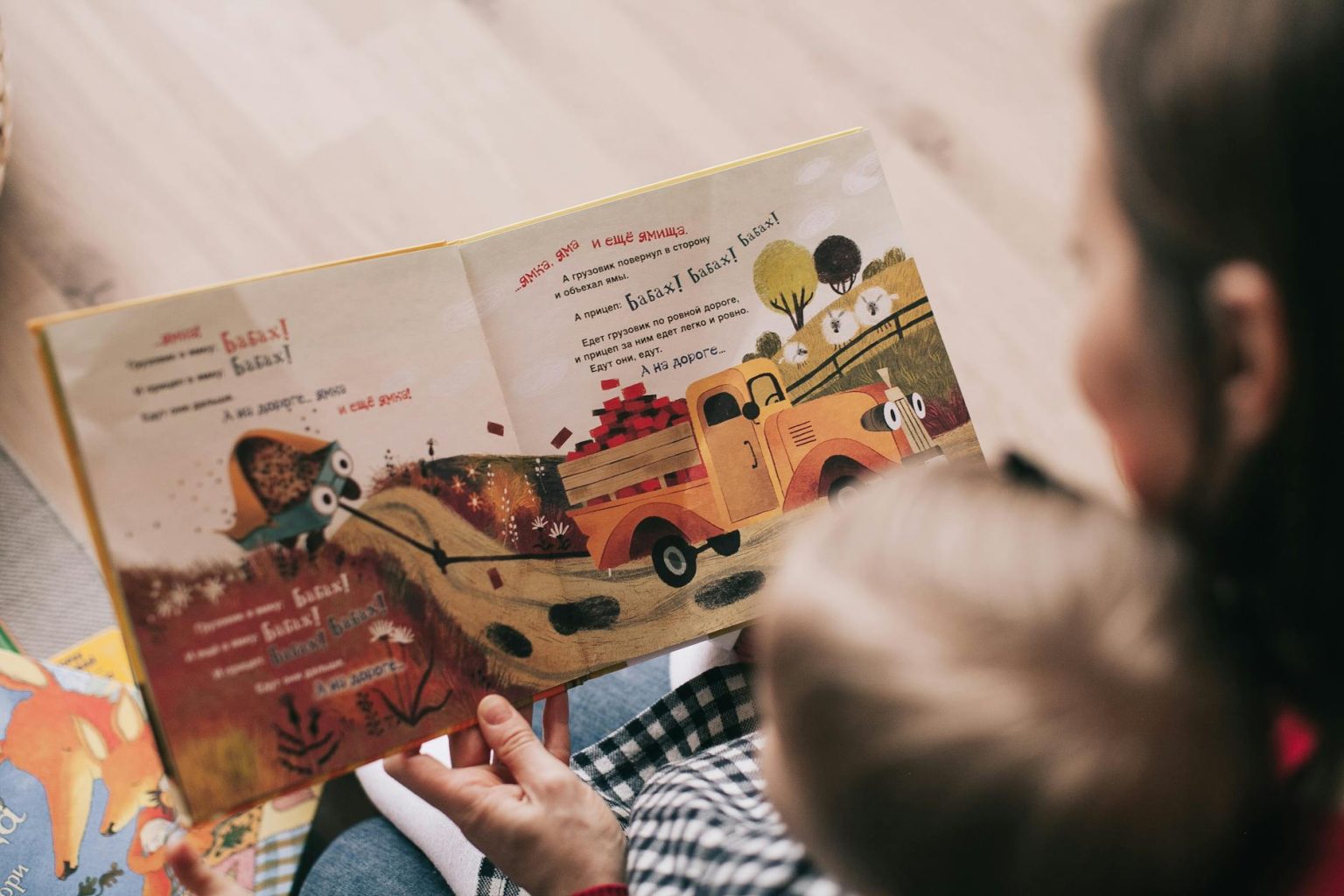When it comes down to it, parents want the very best for their children no matter what. We want them to be capable and smart, kind and resilient and we want them to experience everything we can possibly give them.
All of this goes far beyond what can be taught and learned by rote in a classroom. There are essential skills that parents are responsible for when it comes to their children, and we’ve put together a list of fourteen of those skills that parents can use to help their children to interact with the world.
Teach your children the classic games.
It’s so easy to fall into the trap of PlayStation and Xbox from a young age for your kids. After all, the kids born today are tech kids. They’re going to be raised on technology that we never had as children, which makes it more difficult to navigate for parents. There are so many options out there but the best thing that you can do? Teach your kids the classics before you go for the new games on the market. Minesweeper, chess, checkers and even a good old fashioned game of Snap can really teach your kids the right skills. You want them to be critical thinking problem solvers, right? Well, these are the games that teach valuable lessons in patience and strategy, logic and careful decision making. There’s a place for high tech Nintendo, but nothing beats the classics.
Teach them the importance of hard work.
Instant gratification is something we’ve all become used to. We can get pretty much anything delivered instantly, or even the next day as the earliest convenience. Everything we do today is about convenience, because that’s exactly what we’ve built for ourselves. We watch shortened reels rather than longer videos because we want answers quickly. Instant gratification is but a click away, but it’s crucial to teach your children the importance of persistence and hard work and often, that comes with a level of patience that they can’t just learn in a classroom. Whether it’s doing their homework or cleaning their room, teaching them that good things come to those who work cards can set them up for success.
Teach them to be kind.
One of the most important lessons that you could teach your children is kindness. Whether they’re interacting with animals on the street, their friends at school, or even strangers in the store, being kind and empathetic is a trait that will serve them well throughout their lives. Encouraging them to treat others with respect and offer help when needed should be basic manners, but too many kids these days are not taught that. They are taught to be ‘self’ first and while being self centred is perfectly fine as you’re the only main character in your life, there’s nothing wrong with learning how to be kind and considerate of others. Simple acts of kindness, such as holding doors open or using manners, can go a very long way. The best way to teach them this is to model that kindness yourself.

Teach them how to manage money.
There are so many fun ways that you can do this rather than making it a lecture or a lesson. Setting up a little store at home full of fruit, snacks, and sweets will allow your children to learn how to spend money. You can give them dollars and coin amounts of money for them to spend in your little shop and they will learn how to balance their money. As they get older, giving them an allowance and helping them to track their spending can really help. Whether it’s just simply building good habits or saving for something fun, children will be excited to learn how to manage their money.
Teach them that it’s OK to fail.
Failure is often seen as a negative experience but it’s actually how we learned the most lessons. By allowing your children to fail in a supportive and safe way, you’ll help them to build resilience and learn from something. By rescuing them every time something goes wrong, you’re going to show them that you will always be there to catch them rather than them catching themselves. It’s OK for them to trip over and fall as a child, which means it’s going to be OK for them to trip and fall as a teenager and again as adults. Teaching them that failure isn’t the end, but a stepping stone, empowers them to always keep trying.
Teach them gratitude.
It’s a powerful tool when it comes to your children’s happiness, because teaching them to appreciate the little things will help them to develop a positive outlook for the big things. That sense of contentment is really going to carry them through life, and that’s where you want to help them learn. Helping them to understand that happiness doesn’t come from material possession but from appreciating what they already have is so important. This way, even without the material possessions, your children are always going to be happy.
Teach them how to listen.
Effective communication is a skill that will always serve your children through their lives, but encouraging them and teaching them to listen actively is so important. They can be quiet and still not pay attention, so you have to teach them to be mindful of their body language, tone of voice, and facial expressions while also watching the same things in the person they’re having a conversation with. Practice active listening with them at home and show them how they can be present in a conversation and not let their mind wander even if it’s not a conversation they are necessarily interested in.
Teach them why reading is amazing.
We’re living in a world full of technology, which means it’s more important than ever to encourage children to pick up a book and dive into somebody else’s imagination. Not only does reading help them to improve their literacy and comprehension, but it stimulates the imagination and helps to foster empathy which is such an important skill to have. By helping your kids to develop a love of reading, you can introduce them to books and grow their interests and teach them more than you can. Use the library as a free resource and read together before bed where you can. Let them pick out books they are excited about and teach them why it’s important never to judge a book by its cover.
Teach them time management.
By teaching your children how to manage their time, you can help them to learn how to maintain a healthy balance. Teaching that it’s important to be on time and prompt for everything because it shows the other person who’s waiting on them that their time matters too. By learning time management at a very early age, children will always develop better organisational skills and be able to handle more complex tasks.
Teach them how to take care of their health.
Good health is a foundation for happiness in life and you can encourage your children to eat better meals, exercise regularly and get enough rest if you’re modelling that behaviour yourself. Teaching them the importance of self care early on helps them to develop habits that will last a lifetime. Involve them in the cooking of healthy meals and take family walks or bike. Teach them to get enough sleep at night, even when they complain they’re not tired!
Teach them how to work in a team.
Whether it’s a school project or playing a sport, children can learn cooperation and mutual respect when they are in a team. The power of teamwork allows them to learn how to collaborate well with others and share their ideas while being open to feedback.
Teach them patience.
It’s not a skill that’s easy to come up with but it’s often overlooked. Children are exposed to instant gratification like we mentioned earlier, so teaching them patience, and how to wait their turn, helps them to develop self control and emotional resilience. Gradually, they will learn something about themselves and learn how to feel good about waiting for things.
Teach them that it’s OK to be curious.
Curiosity is the driving force behind learning, so encouraging your children to ask questions and explore new topics is important. Whether it’s learning about the outdoors or animals or even discovering a new hobby, a curious mind is one that will grow. Teach your children that exploring their passions freely is a great idea. By doing this, will help your kids to develop a lifelong love of learning.
Teach them independence.
It’s important to give children the tools that they need to be self-sufficient and confident, and whether that’s learning to dress themselves at a young age or completing a task without help, independence is key to building their self-esteem. Start small and then gradually allow them to take on more responsibility as they grow. The more independent they become, the more empowered they’ll feel.

